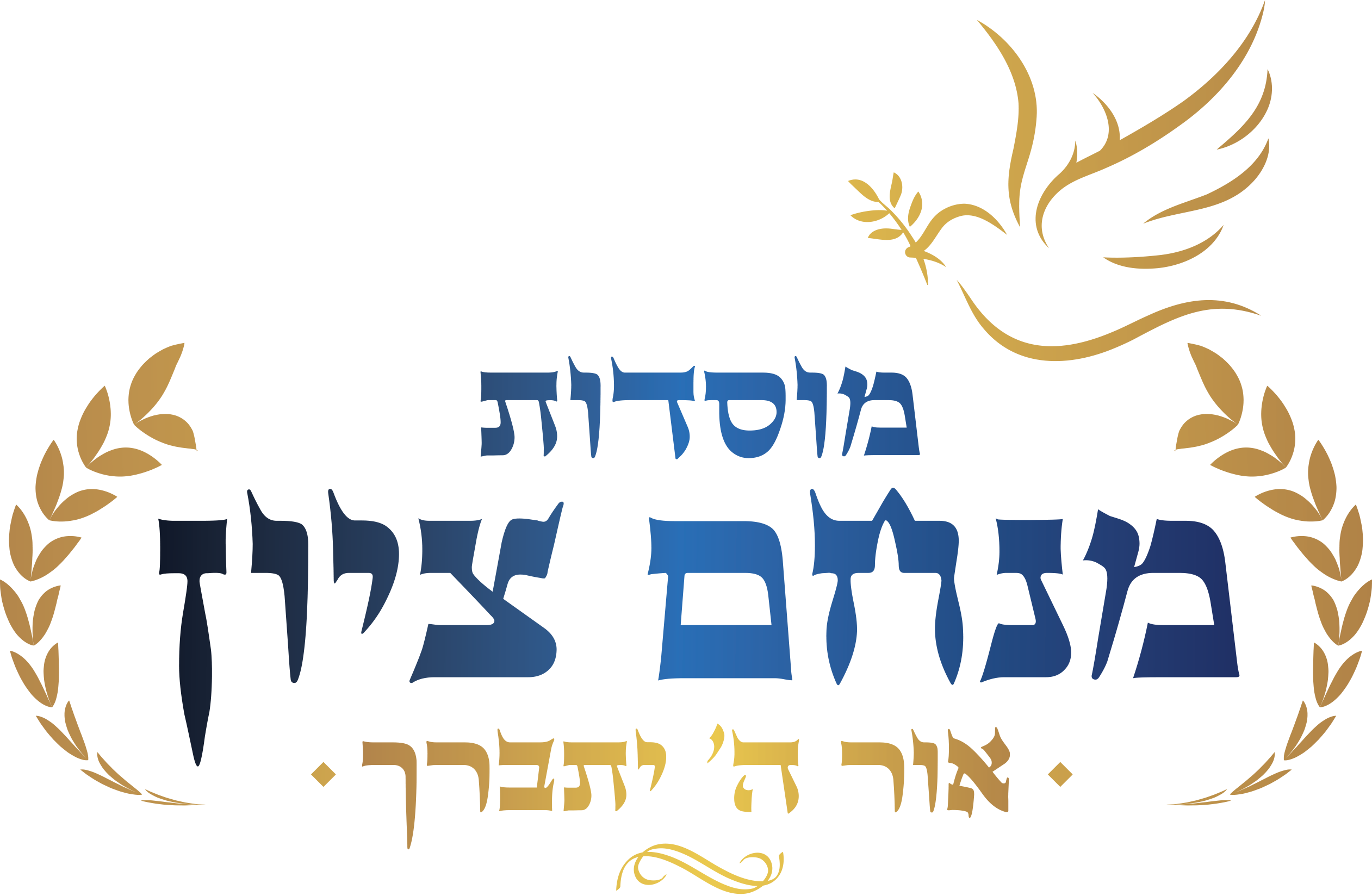Shabbat is the sign of the unique connection between us and our Father in Heaven. Ignoring or desecrating the Shabbat is likened to turning away from the infinite source of our souls and worlds.
The mitzvah of keeping Shabbat serves as a mark of the covenant between G-d and the Children of Israel: “And the Children of Israel shall observe the Shabbat, to do the Shabbat for generations, it is an everlasting covenant between me and between the Children of Israel, an everlasting sign, for in six days G-d made the heavens and the earth and on the seventh day he stopped and rested.” (Shemot – Exodus – 30:1).
We all know what immense virtue the Shabbat is blessed with, and therefore it is easy to understand the severity of desecrating the Shabbat set for us in the Torah, and bearing the harsh punishment: ”If one desecrated it intentionally and before witnesses who gave warning, that one deserves death by stoning; and if intentionally without witnesses, excommunication; as is said (Shemot 31:14): ‘And you shall keep the Shabbat for it is sanctified unto you, its desecrators will surely die for any who do work on it excommunicate the soul from among its people.”
One of the rare cases mentioned in our Holy Torah where a person was put to death is linked to the public desecration of Shabbat, as noted in Bamidbar (Numbers) 15:32-36.
“And while the Children of Israel were in the wilderness, they found a man gathering sticks on the Sabbath day. And those that found him gathering sticks brought him to Moses and Aaron, and to all the congregation. And they put him under guard, because it was not known what should be done to him. And G-d said to Moses: The man shall surely be put to death; all the congregation shall stone him with stones outside the camp. And all the congregation brought him outside the camp and stoned him.’
With this example the Torah teaches us just how severe the damage is to a person who desecrates the Shabbat, harming the values of belief and the Holy Torah.
The severity of this transgression according to the Holy Zohar.
Regarding the severity of this transgression, the Holy Zohar tells us: “When the Shabbat day is sanctified, the fire of Gehinom leaves the wicked, other than those wicked ones who never observed the Shabbat and are thus also punished on Shabbat. However, one who repents, and has been punished for sins like that of the gatherer of sticks, is pardoned the transgression and is no longer punished for it in Gehinom.”
This teaches us that all our deeds are remembered and recalled by G-d, and all are judged.
Concerning the Shabbat, we have the clear instruction, “its desecrators shall surely die,” meaning that a person who did not observe Shabbat will suffer dire tribulations.
That person may ‘wander’ her or his entire life, and never enjoy life.
Additionally, to receive the light of all mitzvahs, the person must observe Shabbat. This is how the RASHBI (Rabbi Shimon bar Yochai) explains the matter: “A person who observes the Shabbat is considered as having observed the entire Torah.”
And what of people who observe Torah and mitzvahs?
Even people who are used to observing Shabbat their whole lives can never be sure they have observed all its detailed requirements in full
because, if they have never studied the laws of Shabbat in detail, they may have desecrated Shabbat in some way without even realizing.
To ensure that G-d forbid you do not transgress the Shabbat, I recommend studying the important book on Shabbat laws, “Shabbat and Its Laws” by Rabbi Aharon Zakai, which includes the laws and rules of Shabbat in full detail, clearly worded and accessible to all readers, as well as explanations from our Rabbis on ethics, and descriptions of the rewards for keeping Shabbat as expressed by previous generations who sacrificed their lives in order to avoid desecrating the Shabbat.
Here is one of the fundamental Tikkun orders for the transgression of not observing the Shabbat.
Before we begin talking about the Tikkun activities, the fasts and confession,
all of which have the ability to rectify the external transgression, the action which has the strongest power of rectification is keeping Shabbat!
However, if you observe Shabbat without having actually studied its laws, you may find yourself not keeping its laws correctly.
How is the Tikkun for the transgression of not observing Shabbat carried out?
Much like the Yom Kippur fast, the person must fast a full night and day (24 hours).
Together with fasting, the entire book of Tehillim (Psalms) should be read, as well as the appropriate Confession. The Vidui (Confessions) should be said twice, and the person must commit to keeping Shabbat correctly from that point on.
This should be followed by reading Tehillim, and the Tikkun should be ended by lighting 7 candles for the 7 forefathers: Avraham, Yitzchak, Yakov, Moshe, Aharon, Yosef, and David, may their merits protect us.
Our Sages teach that for as long as the Beit HaMikdash (Temple) is not yet rebuilt, prayer and Torah study serve instead of the sacrifices, as we find in Hosea 14:3, “we will render instead of bullocks the offering of our lips.”
Thus, if a person fully repents, conducts the Vidui, and studies the laws of Shabbat in depth, G-d will assist as that person seeks atonement.


